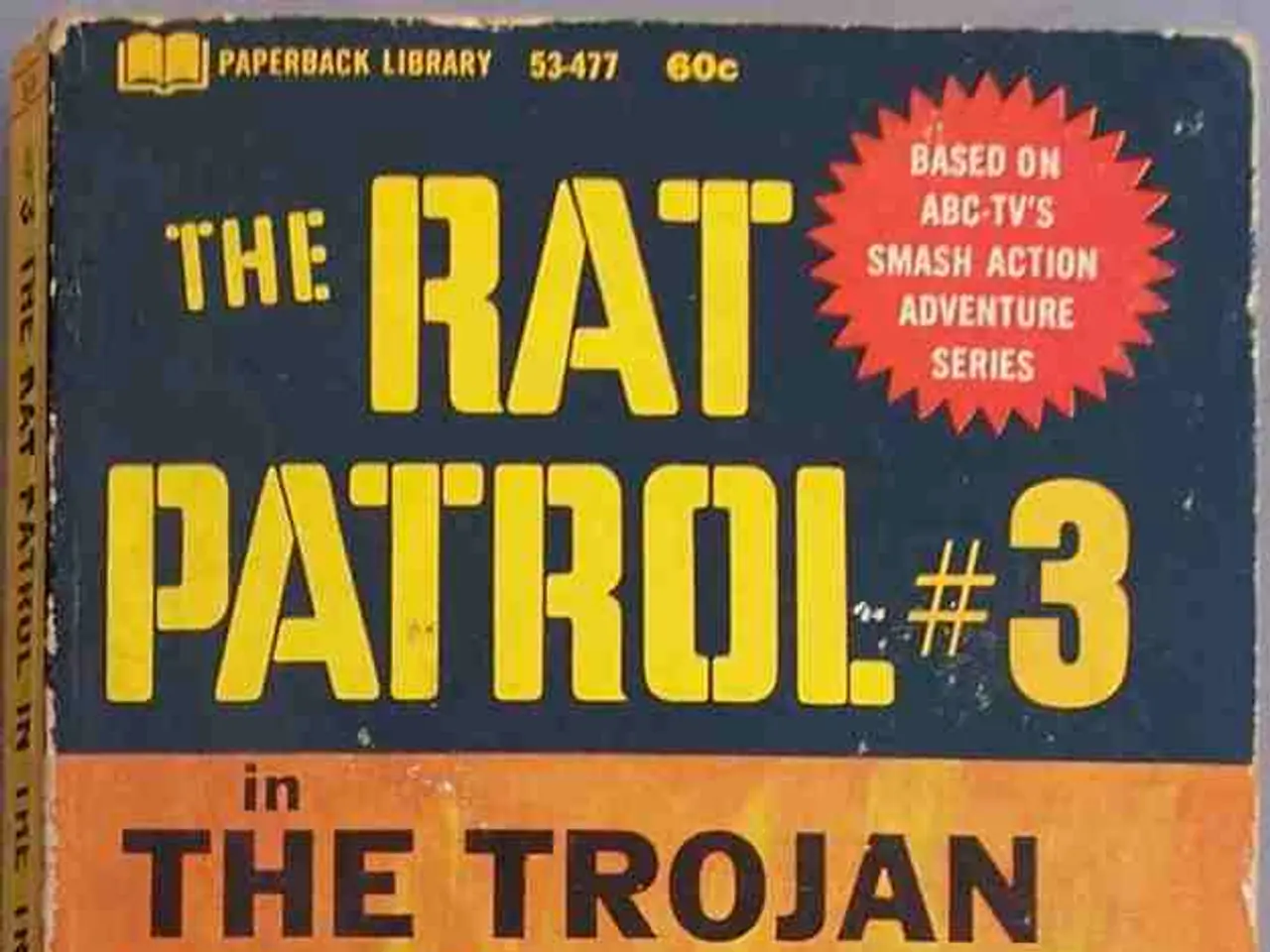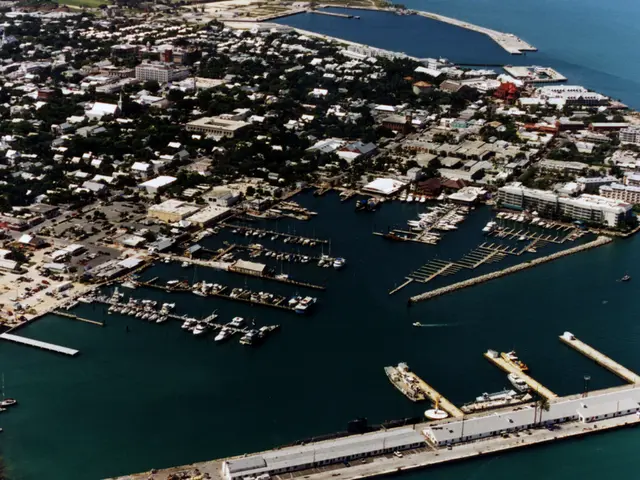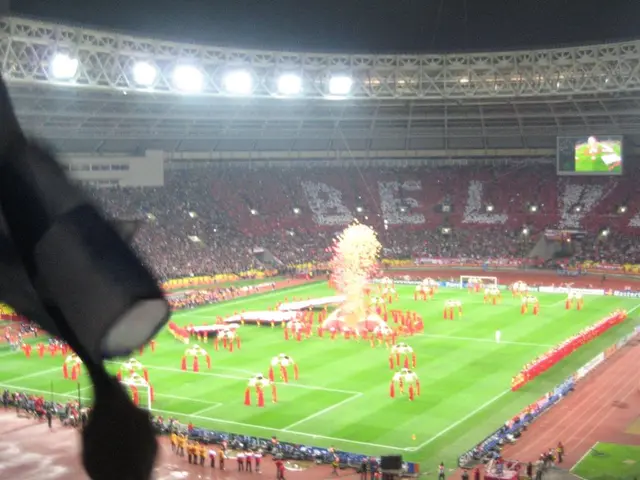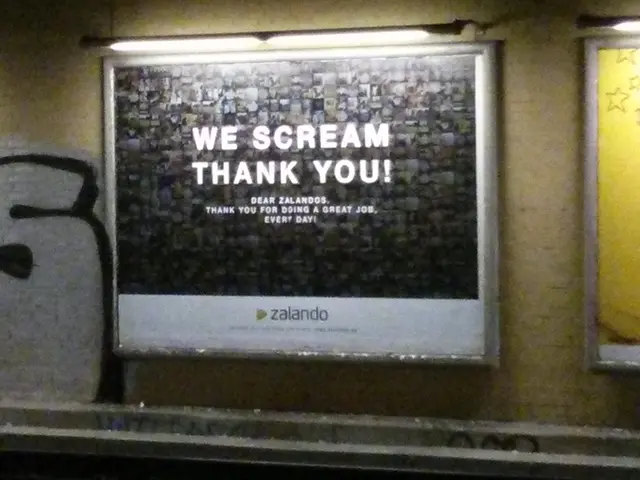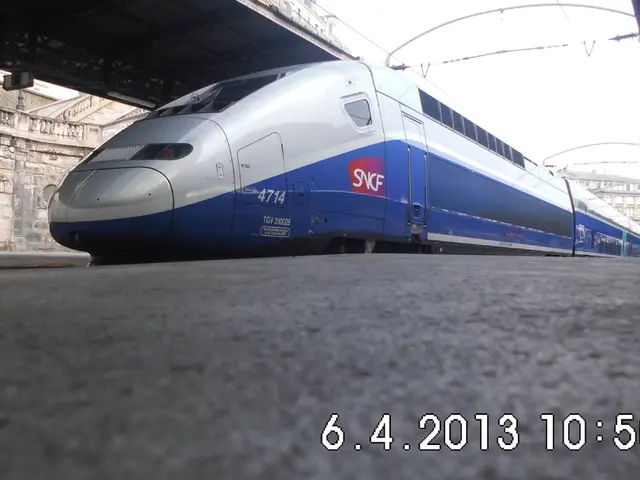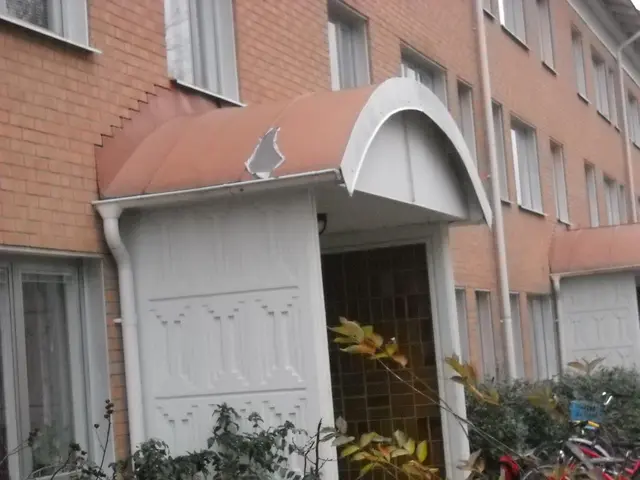Commemorating Atomic Bombing Victims in Nagasaki Honored
Japan Remains Outside 2017 UN Nuclear Weapons Ban Treaty
As the world commemorates the 80th anniversary of the atomic bombing of Nagasaki, a city that now stands as a symbol of both the horrors of war and peace, Japan continues to abstain from joining the 2017 UN Treaty on the Prohibition of Nuclear Weapons (TPNW).
The bombing, which occurred at 11:02 am local time on August 9, 1945, claimed an estimated 70,000 lives instantly, with another 75,000 people injured. The atomic bomb dropped on Nagasaki was named "Fat Man." Three days earlier, the US had devastated Hiroshima with an atomic bomb, killing around 140,000 people. The Japanese Empire surrendered on August 15, 1945, following the atomic bombings of Hiroshima and Nagasaki.
Nagasaki's mayor, Shiro Suzuki, has been a vocal advocate for nuclear disarmament. In a peace declaration, he stated that the existential crisis for humanity has become immediate and warned of the growing danger of a nuclear war. He called for the abolition of all nuclear weapons worldwide and urged Japan's government to join the TPNW.
The TPNW, which entered into force in 2021, aims to ban nuclear weapons. As of 2025, Japan has not signed or ratified the treaty. This position draws criticism and calls for Japan’s participation, given the historical impact of nuclear weapons on Hiroshima and Nagasaki.
Japan’s official policy emphasizes nuclear deterrence through its alliance with the United States rather than outright prohibition. This shift from its historical identity as a victim of atomic bombings toward a strategic deterrence posture contrasts with many other nations that have signed and ratified the TPNW, which as of late 2024 included 73 countries ratifying it.
Last year, the Japanese organization Nihon Hidankyo, consisting of survivors of the atomic bombings of Hiroshima and Nagasaki, was awarded the Nobel Peace Prize for its efforts towards a nuclear-weapon-free world. Despite this recognition, Japan remains outside the treaty framework.
The world, according to Nagasaki's mayor, is currently facing a cycle of confrontation and division. In light of this, Suzuki called for this cycle to be overcome. The mayor of Hiroshima had previously demanded Japan’s government to join the same treaty three days earlier.
As the world marks the anniversary of the atomic bombing of Nagasaki, the call for Japan to join the TPNW continues to echo, serving as a reminder of the devastating impact of nuclear weapons and the shared global responsibility to prevent their use in the future.
[1] https://www.reuters.com/world/asia-pacific/japan-still-not-signing-nuclear-weapons-ban-treaty-2021-07-07/ [2] https://www.aljazeera.com/news/2021/7/7/japan-still-not-signing-nuclear-weapons-ban-treaty [3] https://www.nytimes.com/2021/07/07/world/asia/japan-nuclear-weapons-treaty.html [4] https://www.japantimes.co.jp/news/2021/07/07/national/japan-nuclear-weapons-ban-treaty/ [5] https://www.npr.org/2021/07/07/1015713803/japan-still-not-signing-nuclear-weapons-ban-treaty
[1] The ongoing refusal of Japan to join the 2017 UN Treaty on the Prohibition of Nuclear Weapons (TPNW) has raised questions about its commitment to nuclear disarmament, given its historical experience with atomic bombings.
[2] In the midst of global discussions on general news and politics, the call for Japan's participation in the TPNW persists, echoing the devastating impact of nuclear weapons and the shared global responsibility to prevent their use.
